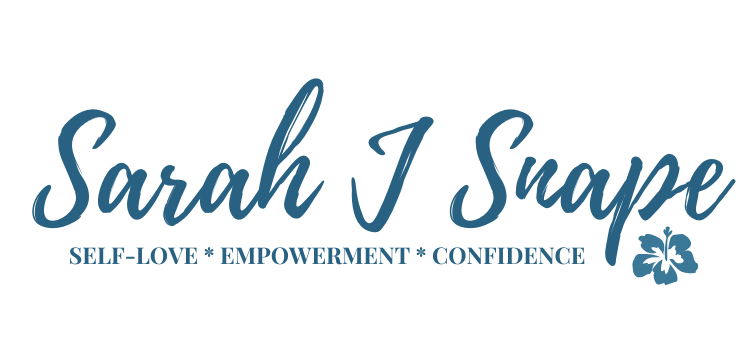Leaving a Diet Mindset Behind
As has probably become apparent if you have read any of my previous posts I have actively been moving away from a diet mindset to one focussed on moderation or intuitive eating.
Recently I made the decision that having more or less maintained my weight for a while I wanted to get a bit leaner (although must admit a few pounds have gone on over the last month due to a bit of comfort eating which is still something I struggle with if feeling low – still learning!).
Leaving Old Thought Patterns Behind
I surprised myself when my first mental reaction having made this decision was “right, what diet are you going to do?” It didn’t take long to remind myself that’s not how I do it now! I did however decide to track my food for a while using My Fitness Pal.
The first couple of days were fine but then I found myself slipping back into old ways of thinking
How many calories should I be eating to lose X lbs?
How long would it take to lose X lbs?
So, I could be at my goal weight by what date?
I worked so hard to stop thinking like this, it amazed me how quickly I slipped back. By day 4 I’d had enough and so stopped. I’d lost my focus of habit change to improve my health and well-being. I know “diets” don’t work in the long-term.
I do know when I focus on healthy habits – eating nourishing foods, getting enough sleep, considered movement/exercise etc that I no longer feel the need or desire for comfort foods or the sugar rush.
The whole “diet mindset” leads me to think about food a lot more than when I’m focussing on habits. I become much more concerned with the numbers and feel guilt about food I eat. This is not only negative for my physical health but also my mental health so a lose, lose situation.
I’ve recently watched a great Instagram live by Jen Comas from Girls Gone Strong about the “all or nothing mindset” with regards to fat loss. This came at a great time for me personally, a reminder of some fundamental steps.
She gave several action points to try to move away from this mindset:
The language we use to describe our behaviour around food or exercise can have a big impact
Phrases like being on track vs off track, getting back on the wagon (a weight watchers favourite from my past experience), being good vs bad are not helpful.
We need to try to reframe our language around things we do. Instead of thinking of things as a failure or success – she used an example – so instead of “I’ve eaten X, I may as well give up” reframing that to “I really enjoyed X but next meal I’m going to prioritise Y” (a more nutritious food).
Jill Coleman refers to this as a “comply or die” approach – if we don’t stick to it we might as well give up. Most of us need a degree of flexibility – give me too many rules and my natural response is to rebel against them!
Being aware of the language we use around nutrition, exercise and ourselves can only have positive consequences.
Another point raised was about the expectations we have of ourselves. We need to set expectations that can fit our lifestyles and other commitments we have. We also need to realise that not every day will go according to plan – “life happens.” This does not mean you’ve failed.
It’s therefore a good idea to set expectations we are confident we can achieve – not that are necessarily easy, but achievable.
This is related to her 3rd action which was to make small changes.
Don’t underestimate the small things – results come from consistently performing smaller actions rather than 1 big action sporadically.
Realistic achievable expectations and valuing the small actions will achieve lasting sustainable results in the long-term. My progress so far has come from focussing on a single habit for a couple of weeks before looking to change anything else. Small steps rather than giant leaps where you lose your balance.
Finally, she talked about developing a “growth mindset”
Believing that our skills can be developed through practice – using situations where we might not have been “perfect” (not what we’re striving for anyway) and evaluating what we could do differently in the same situation in the future. Looking at times when we over-indulge and thinking about why that happens.
It’s about finding ways where we don’t feel like we’re missing out or being deprived but then don’t end up regretting choices and can still work towards our goals. It’s about being aware, following the cues our bodies give us – pausing – asking questions. We are all individual and it’s about finding what works for you.
What do you think? Are you trying to leave a diet mindset behind?
